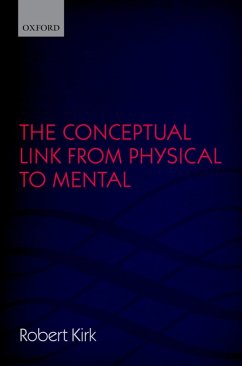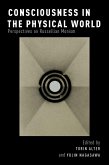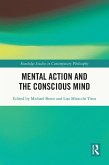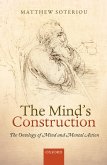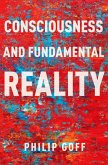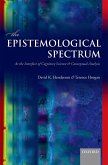How are truths about physical and mental states related? Physicalism entails that non-physical truths are redescriptions of a world specifiable in narrowly physical terms. In The Conceptual Link from Physical to Mental Robert Kirk argues that physicalists must therefore hold that the physical truth 'logico-conceptually' entails the mental truth: it is impossible for broadly logical and conceptual reasons that the former should have held without the latter. 'Redescriptive physicalism' is a fresh approach to the physical-to-mental connection that he bases on these ideas. Contrary to what might have been expected, this connection does not depend on analytic truths: there are holistic but non-analytic conceptual links, explicable by means of functionalism-which, he argues, physicalism entails. Redescriptive physicalism should not be confused with 'a priori physicalism': although physicalists must maintain that phenomenal truths are logico-conceptually entailed by physical truths, they must deny that they are also entailed a priori. Kripke-inspired 'a posteriori physicalism', on the other hand, is too weak for physicalism, and the psycho-physical identity thesis is not sufficient for it. Though non-reductive, redescriptive physicalism is an excellent basis for dealing with the problems that mental causation raises for other non-reductive views. 'Cartesian intuitions' of zombies and transposed qualia may seem to raise irresistible objections; Kirk shows that the intuitions are false. As to the 'explanatory gap', there is certainly an epistemic gap, but it has a physicalistically acceptable explanation which deals effectively with the problem of how the physical and functional facts fix particular phenomenal facts.
Dieser Download kann aus rechtlichen Gründen nur mit Rechnungsadresse in A, B, BG, CY, CZ, D, DK, EW, E, FIN, F, GR, HR, H, IRL, I, LT, L, LR, M, NL, PL, P, R, S, SLO, SK ausgeliefert werden.

